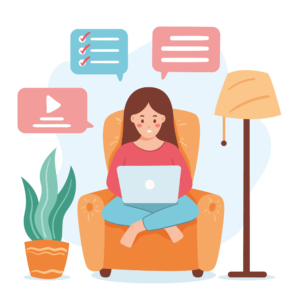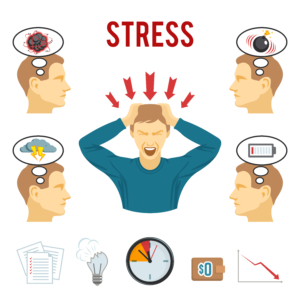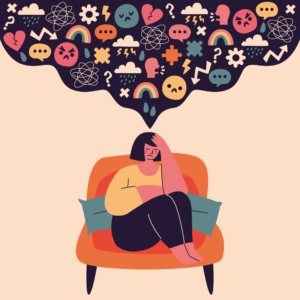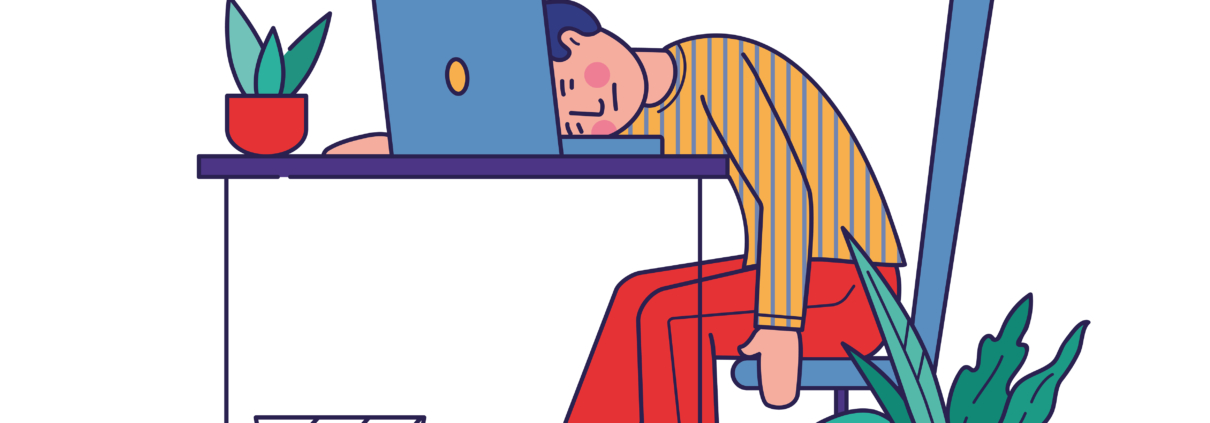You might have noticed changes in your mental health now that you started work from home. Do you feel stressed out though you don’t have to commute? Are you fighting the battle of isolation though you can work flexibly?
Work from home jobs can be challenging your mental health. It can turn usually optimistic, productive worker bees into tired, unmotivated, irritable toads.
Therefore, before you hit rock bottom, learn how to spot the signs of declining mental health so you can address your next steps.
Let’s see what the psychological effects of working from home are.
- Loneliness and Isolation
- Anxiety Stress and Pressure
- Depression
Loneliness and Isolation

You could spend days without talking to anyone if you don’t have to go to the office. Though you take a break from the distracting coworkers, you miss the aspect of chatting about your work and life. Though you talk on calls and video calls, it won’t feel the same. This disconnectivity with the rest of the world makes you feel lonely and isolated.
Anxiety Stress and Pressure

You would probably squeeze in work without disconnecting and unplugging, which would result in burning out. You’ll lose track of time. You’ll feel the pressure to be working even after the office hours. Work From home requires a lot of time management. When you fail in this, you’ll lose work-life balance.
Depression

Depression during work from home occurs when you feel struck. Without a career milestone such as a promotion or a fancy corner office, it might seem like you aren’t achieving much. The anxiety, stress, pressure, isolation and loneliness due to work from home can lead to depression or make it worse.
Depression isn’t just feeling sad. The symptoms include:
- Irritability, or frustration, angry outbursts (even for small matters)
- Loss of interest or happiness in activities such as sex or hobbies
- Sleep disorder like insomnia or sleeping too much
- Lack of energy and tiredness where even small tasks need extra effort
- Increased cravings for food
- Anxiety, agitation, and restlessness
- Trouble concentrating, making decisions, and remembering things
- Unexplained physical pains, such as back pain or headaches




Great information offered